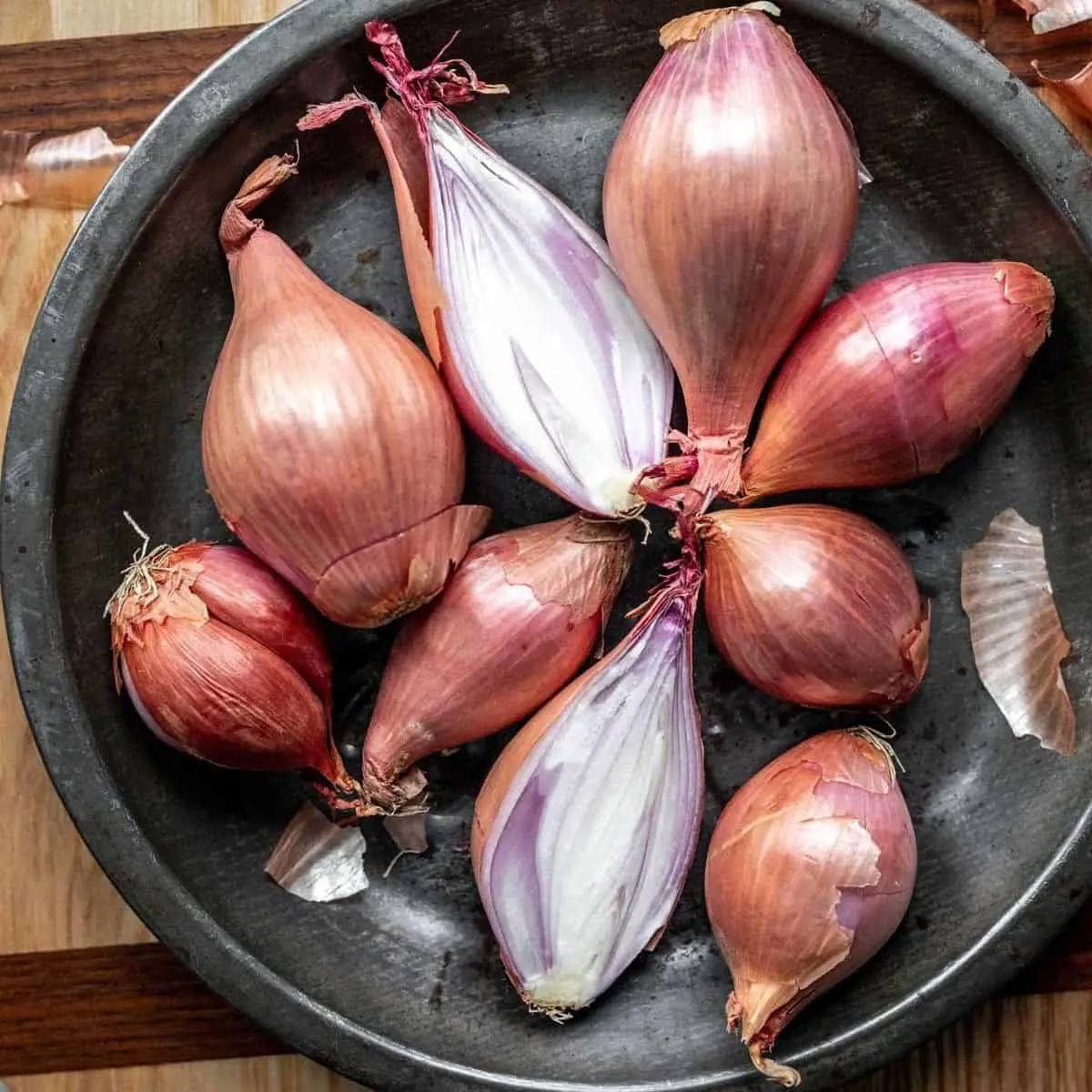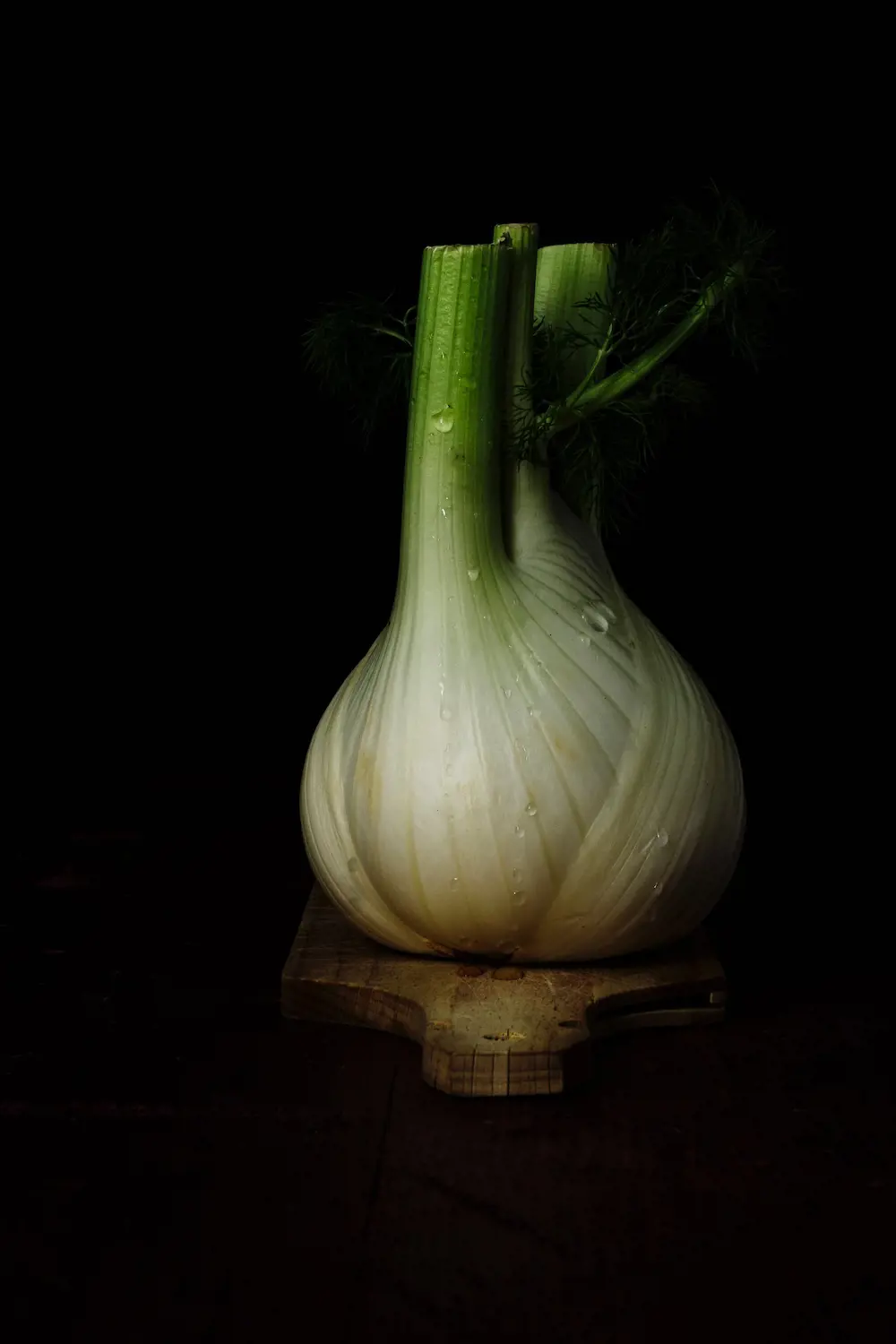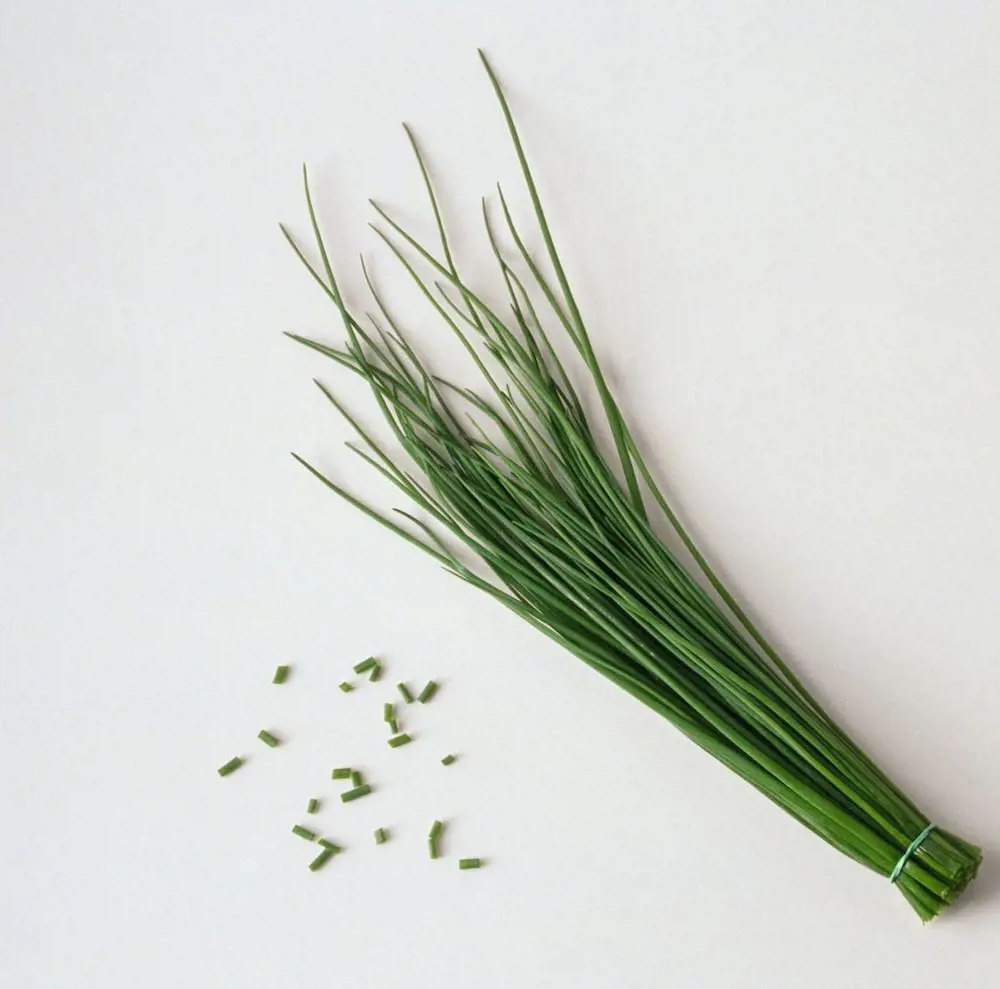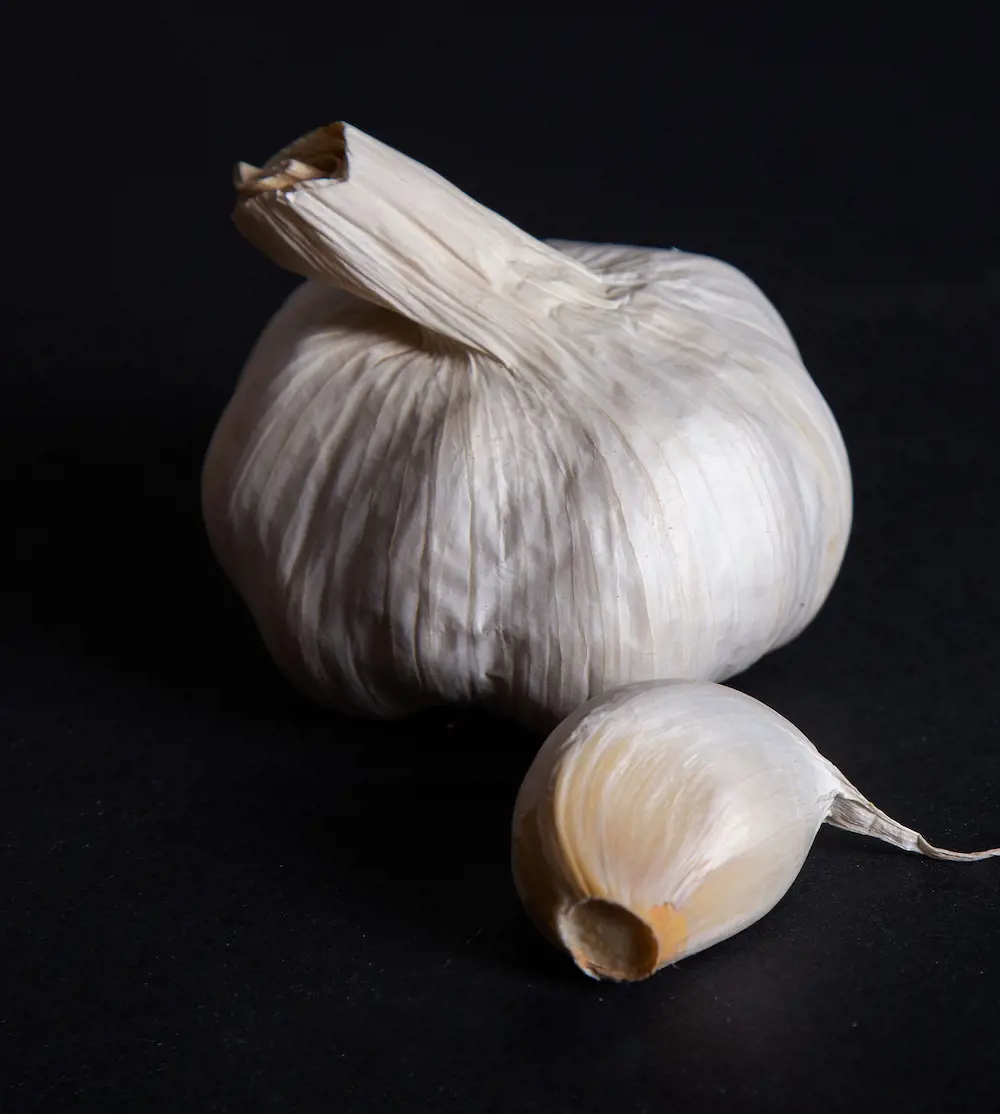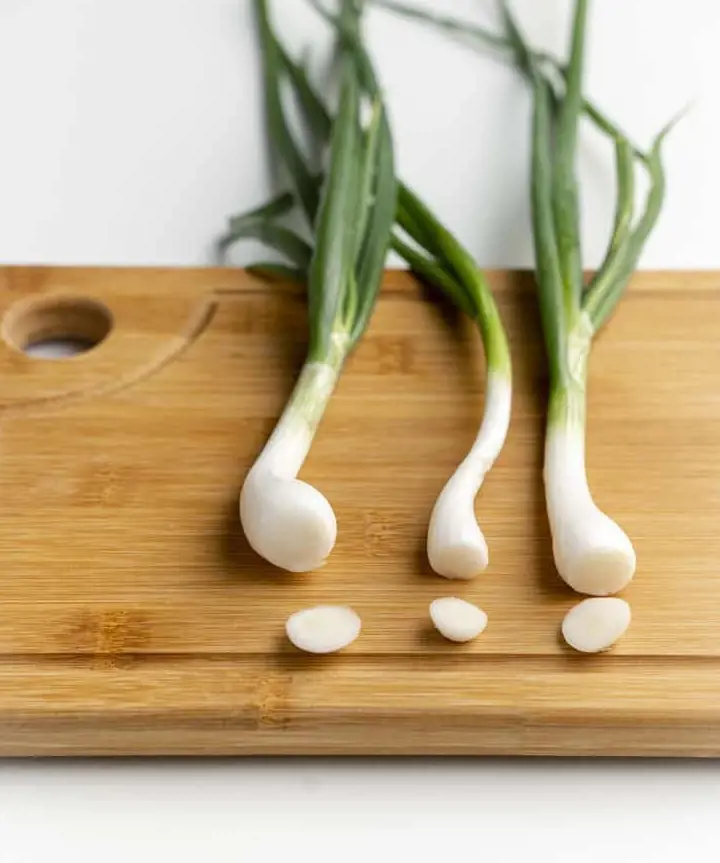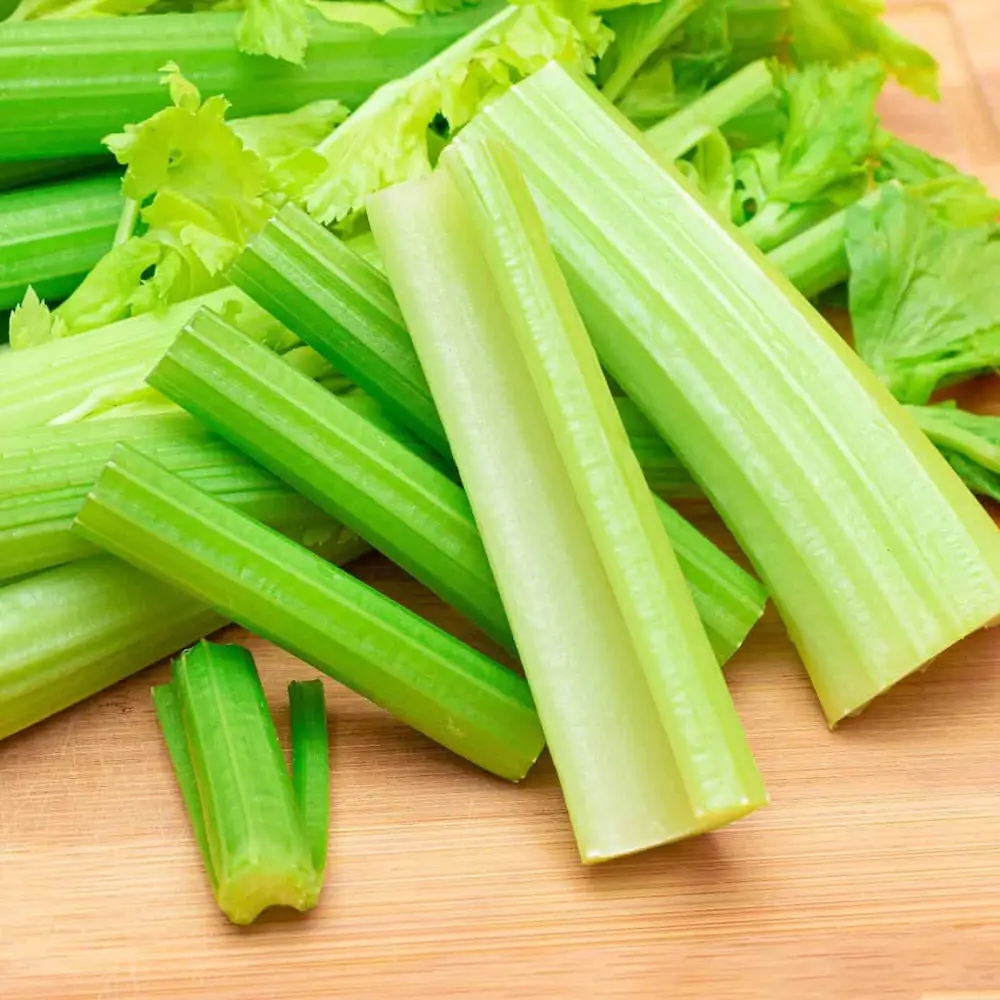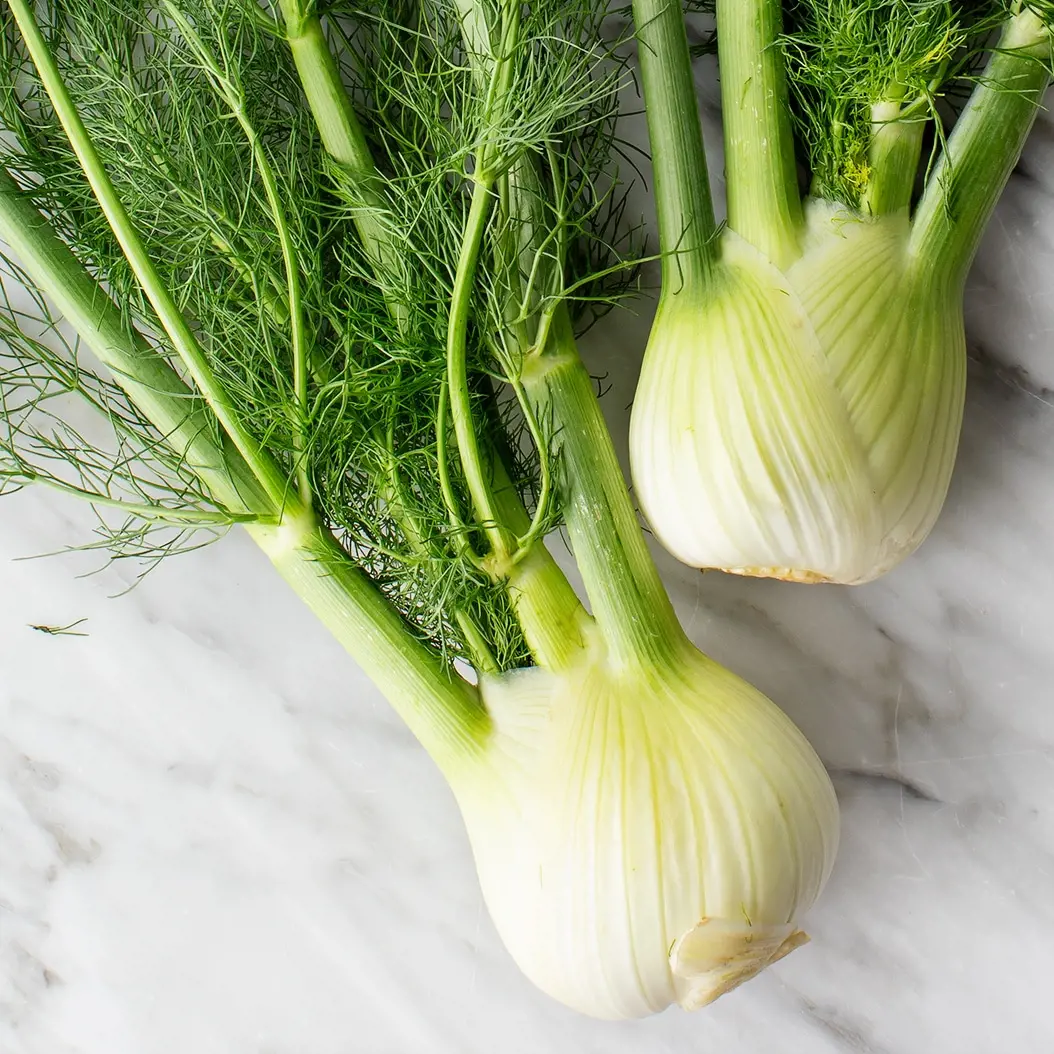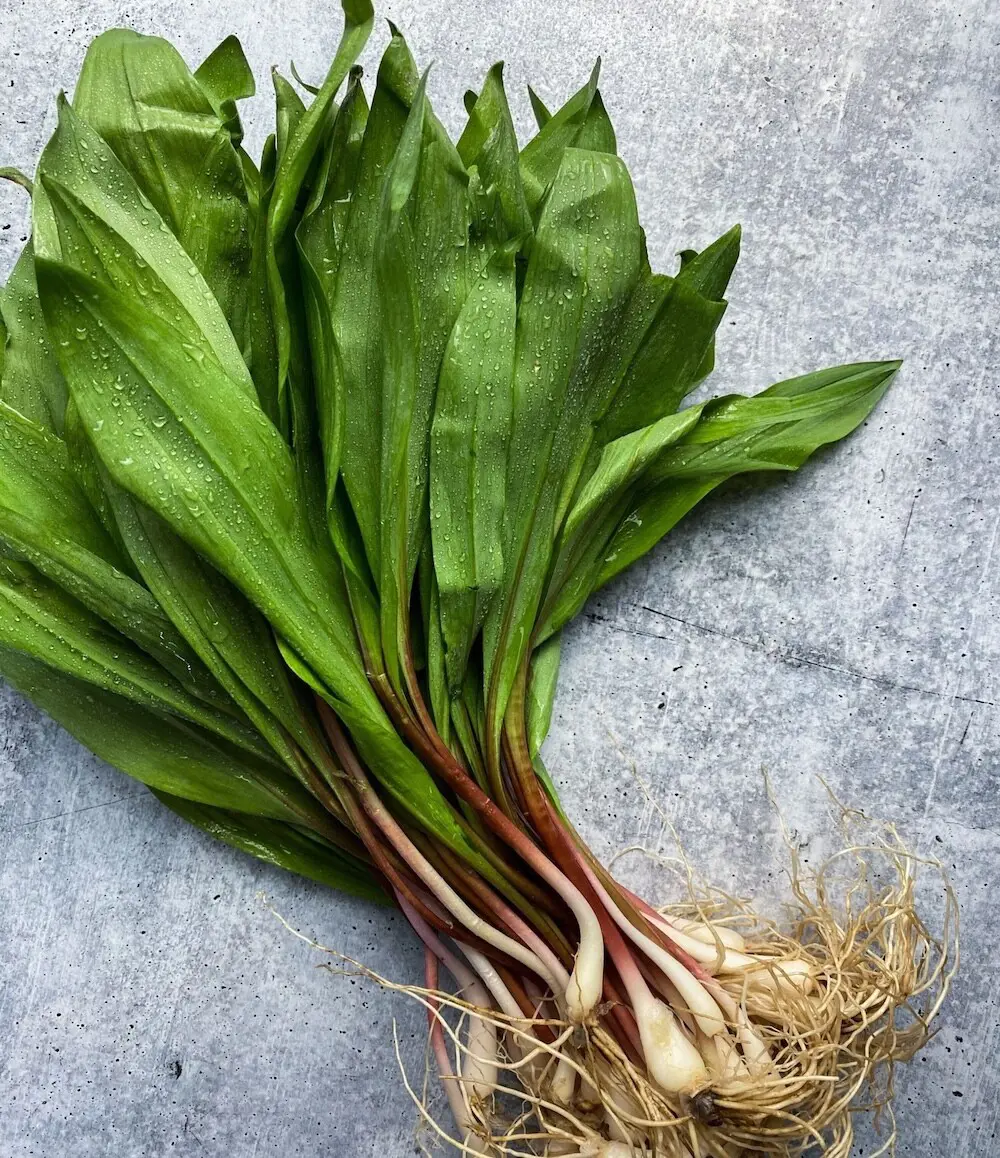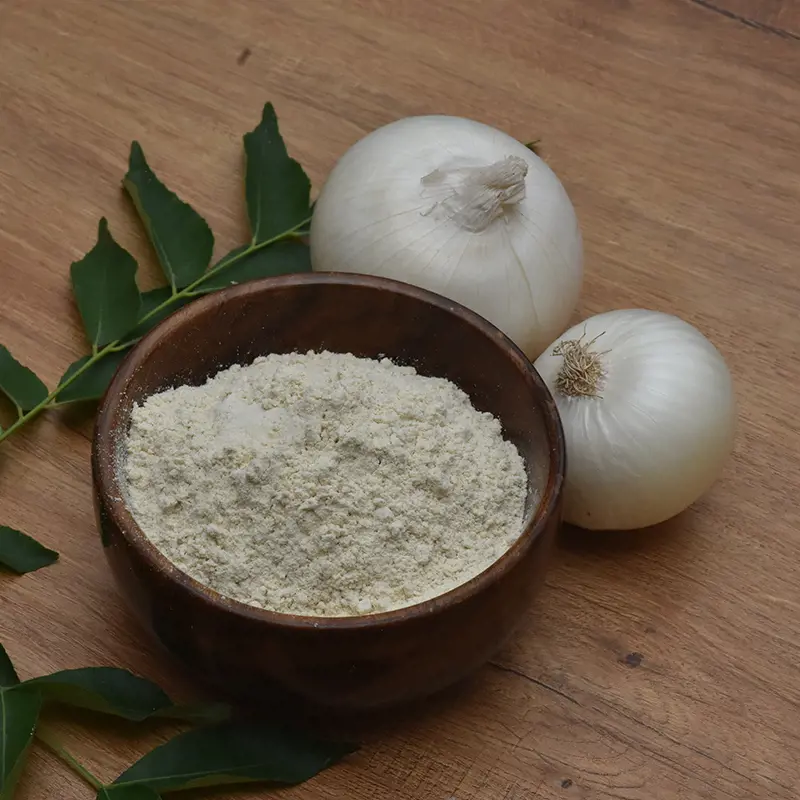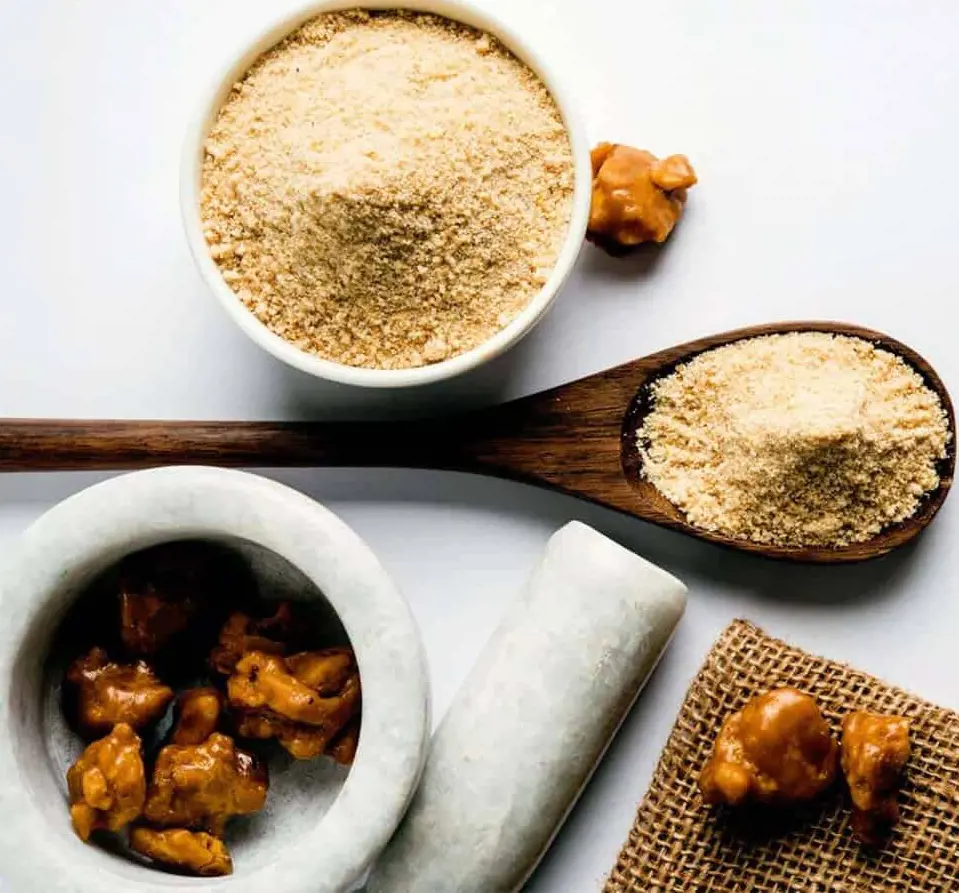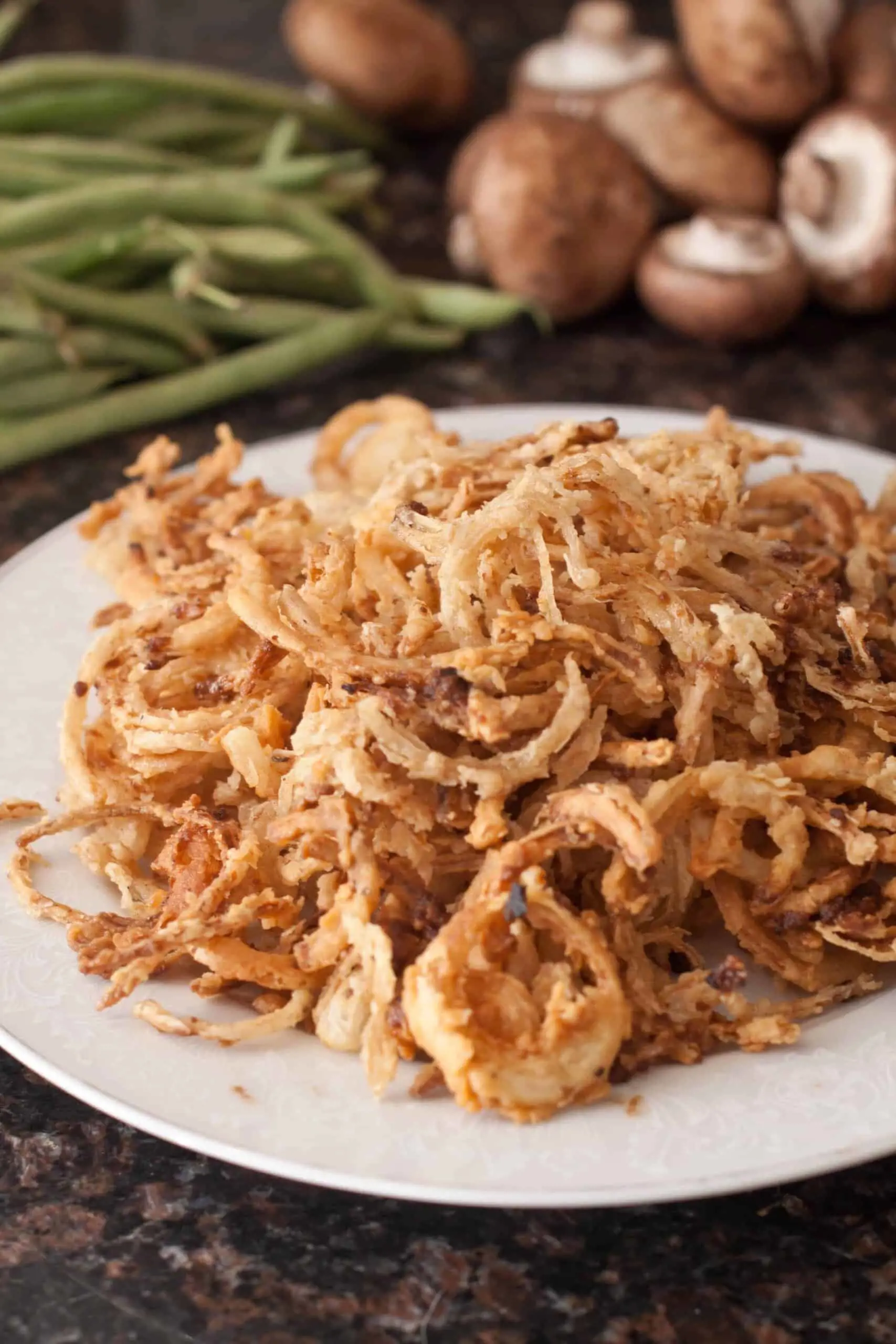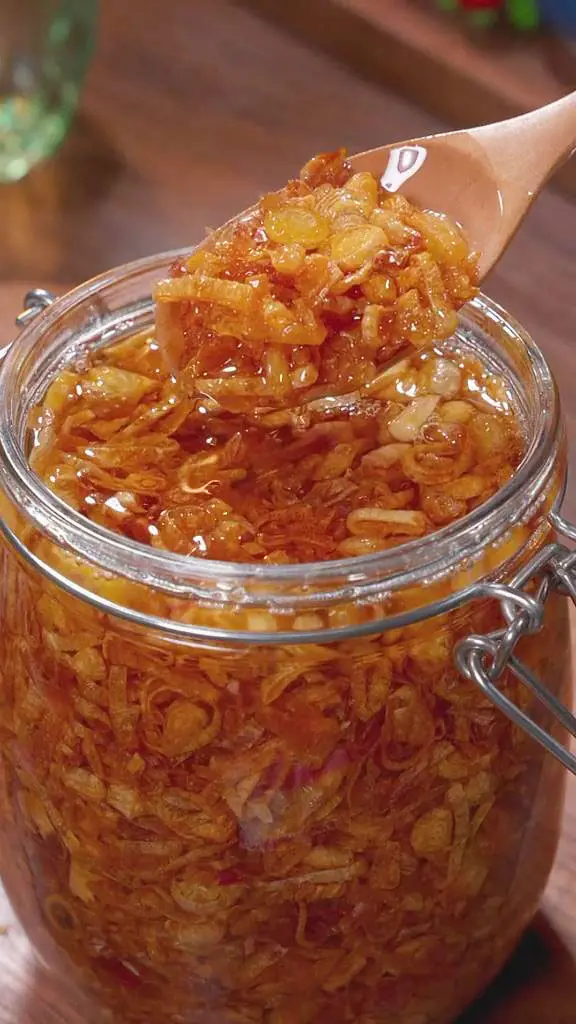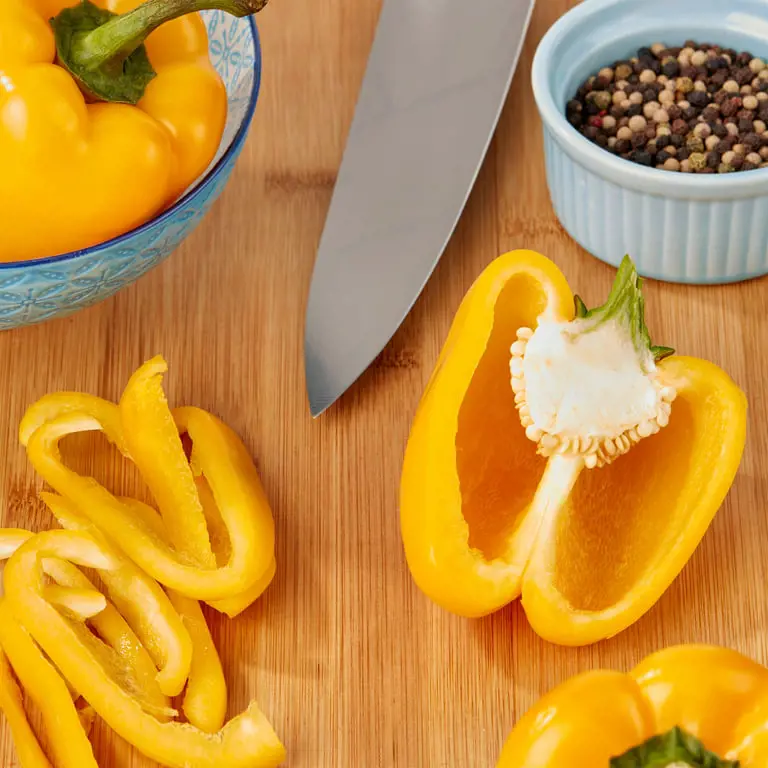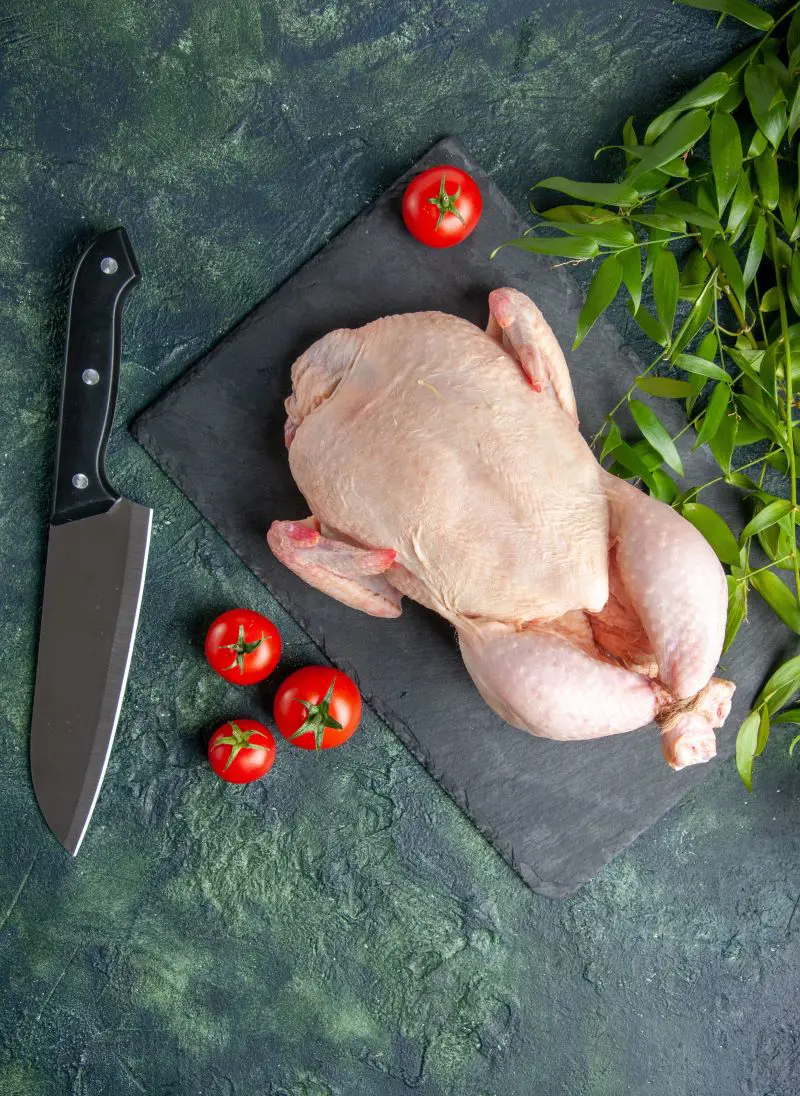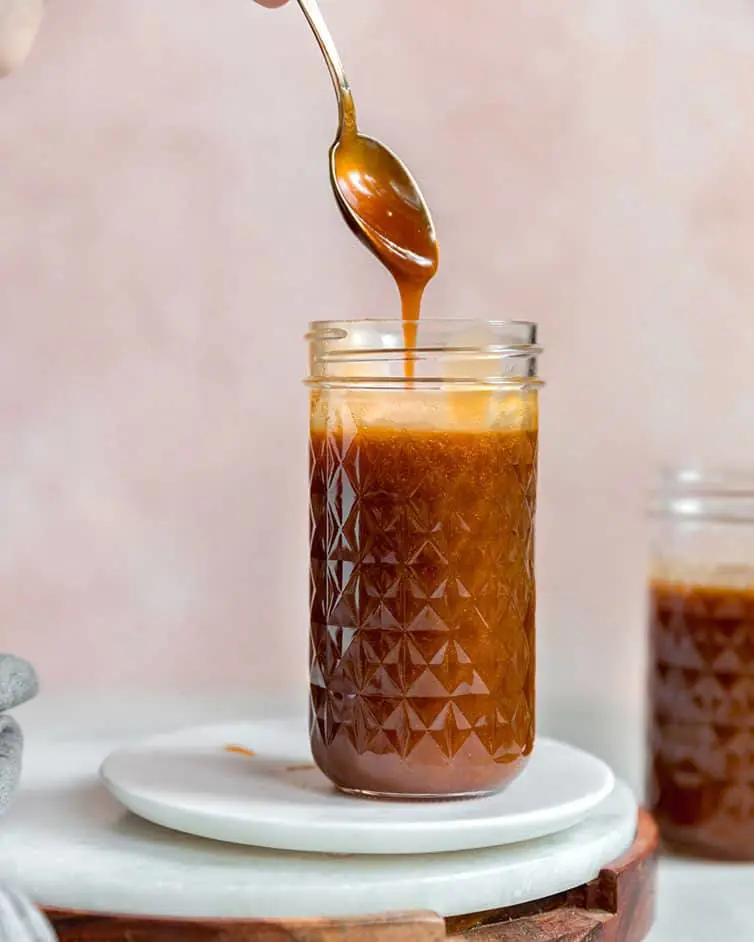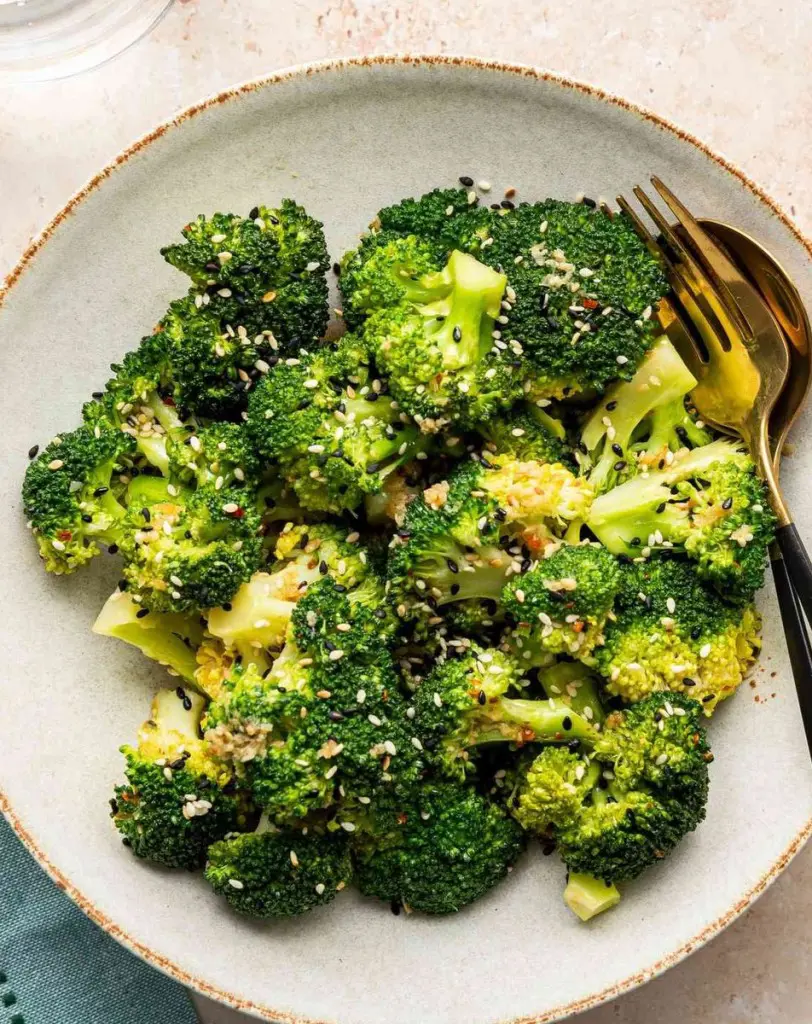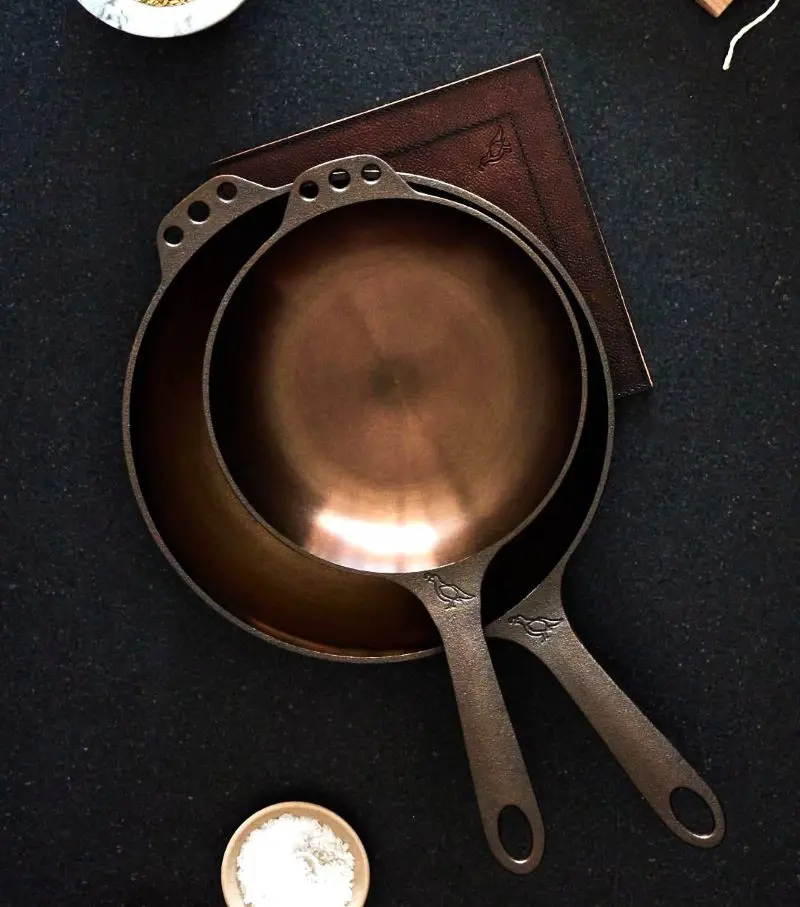1. Red Onions
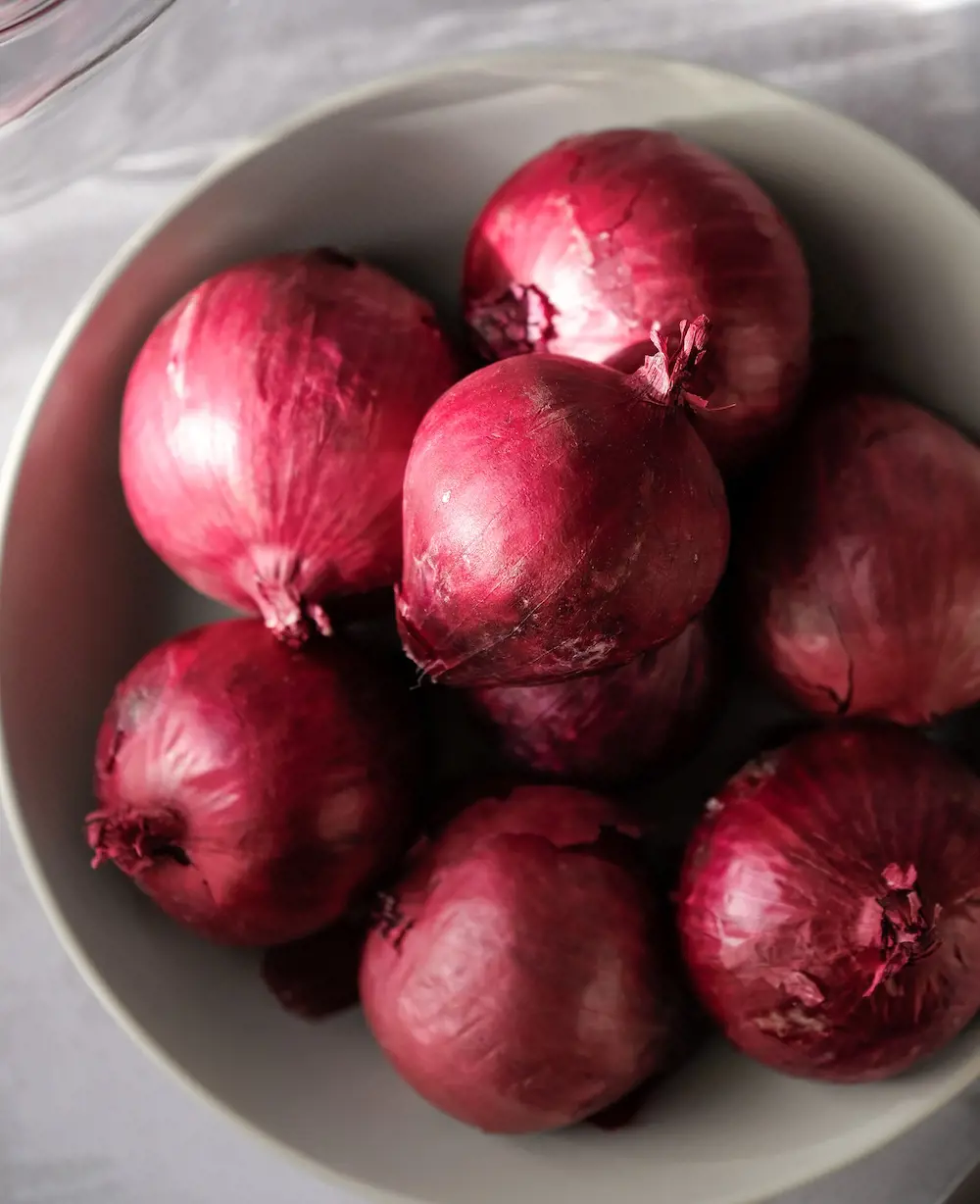
Red onions are possibly the best substitute for shallots when the latter is unavailable. While shallots exhibit a milder and sweeter taste, red onions contribute a robust, slightly peppery kick, adding depth to various dishes. Sliced thinly or minced, red onions can seamlessly stand in for shallots in salads, dressings, or raw preparations where their vivid color and assertive taste are favored.
In cooked dishes, such as sautés, stews, or sauces, red onions prove versatile substitutes for shallots. Their ability to caramelize beautifully imparts a sweet complexity to dishes, akin to the subtleties shallots bring to the table. It's worth noting that red onions may require a bit more finesse in managing their stronger flavor, so adjusting quantities to personal taste is advisable.
